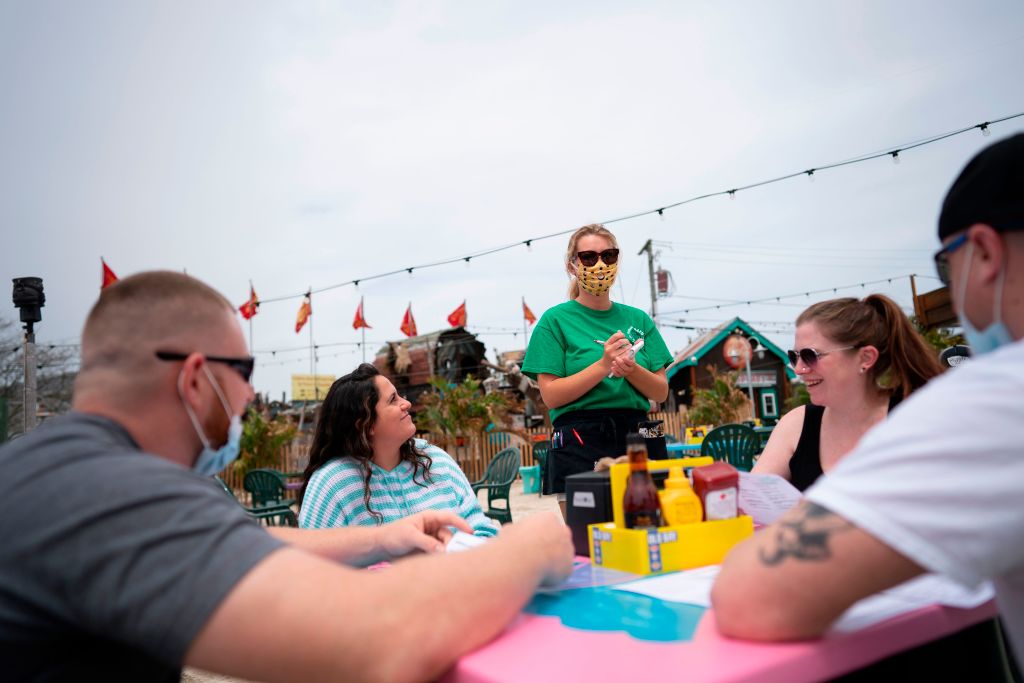Why summer heat might be making the Sun Belt's coronavirus spread worse


A free daily email with the biggest news stories of the day – and the best features from TheWeek.com
You are now subscribed
Your newsletter sign-up was successful
The summer heat might be making it possible to safely reopen businesses in the North — while simultaneously impossible to do so in the South.
Over the past few days, Sun Belt states have started to see new and sometimes unprecedented spikes in coronavirus cases. The rising case counts come as businesses across the South and Southwest start to reopen, and can at least in part be attributed to the fact that those back-to-normal activities involve staying inside air conditioned malls and restaurants as outside temperatures become unbearable, The New York Times reports.
When COVID-19 first started spreading in the U.S., President Trump suggested that rising temperatures would help kill the virus, leaving out the fact that a second wave of coronavirus infections would likely spring up when temperatures cooled again. While it's true that virus spread tends to die off during hot summer months, research has since shown that's not as relevant given how contagious coronavirus is — it only dies quickly if temperatures are around 130 degrees Fahrenheit.
The Week
Escape your echo chamber. Get the facts behind the news, plus analysis from multiple perspectives.

Sign up for The Week's Free Newsletters
From our morning news briefing to a weekly Good News Newsletter, get the best of The Week delivered directly to your inbox.
From our morning news briefing to a weekly Good News Newsletter, get the best of The Week delivered directly to your inbox.
It also doesn't help that, as temperatures rise, people are opting for air conditioned comfort over outdoor dining and shopping. The Times described packed lines at a Houston mall, and some people getting pedicures without masks on, all happening in an enclosed space with recirculating air.
But staying home in AC versus shopping in it isn't a choice for everyone. Homeless and low-income people rely on cooling shelters and pools to quite literally survive the summer, which would bring dozens of people together into one hotbed for disease. Yet if they avoid them and stay on the streets or in hot mobile homes and apartments, the consequences will likely be deadly. Read more in this editorial from Arizona Central.
A free daily email with the biggest news stories of the day – and the best features from TheWeek.com
Kathryn is a graduate of Syracuse University, with degrees in magazine journalism and information technology, along with hours to earn another degree after working at SU's independent paper The Daily Orange. She's currently recovering from a horse addiction while living in New York City, and likes to share her extremely dry sense of humor on Twitter.
